Photo credits: Donaldson Collection/Michael Ochs Archives/Getty Images
The indelible star power of Aretha Franklin (aka The Queen of Soul) started to shine when she still in her teens during in the 1950s. At that time, she sang in her father’s church in Detroit, Michigan where he served as pastor.
Following her formative years, Franklin carried the torch for soul music. Her iconic caliber of talent demonstratively pushed the genre to an incomparable apex – from the standpoint of originality, as well as popularization. Franklin’s decisively-earned crossover appeal made her larger than life.
Whether the songstress’s voice served the purpose of formality for presidential performances at inaugural balls, or for festive party time appearances at private events for the world’s monarchs, the late legend’s impact maintained incalculable momentum throughout the course of her illustrious career. This momentum remained formidable even though she had worthy competitors throughout each decade of her relevancy in American music history.
When Franklin first performed seven-day stretch at The Village Gate in New York City during late February 1962, she was still very young. While she was roughly 30 days away from turning 20 , Franklin performed at the big-ticket venue alongside piano player and music director Thelonious Monk. Like Franklin, Monk was also a brilliant hit maker who had just joined Columbia Records. However, just six months later, America’s “First Lady of Soul” made history in the infancy stages of her career on another big stage: Variety television.
Franklin sang her hits titled, “Don’t Cry Baby” and “Try A Little Tenderness” on ABC’s American Bandstand variety show on August 2, 1962, according to the digital archives of the Music History Calendar.






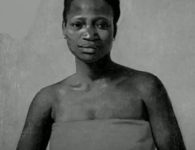
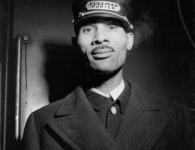

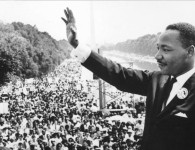
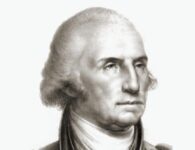
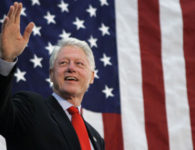
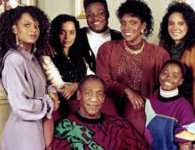
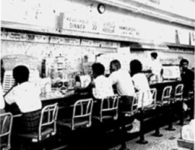
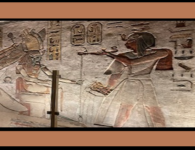
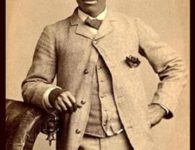



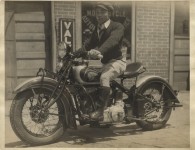

No comments